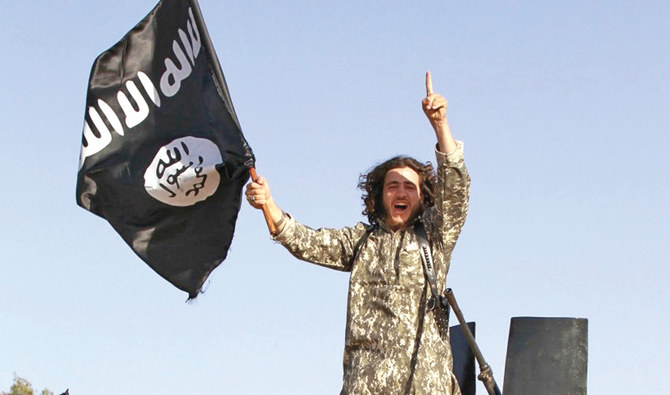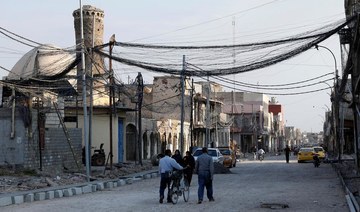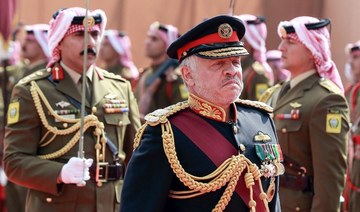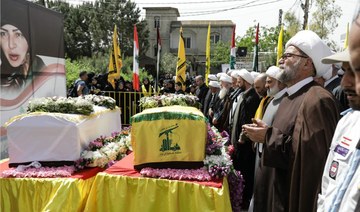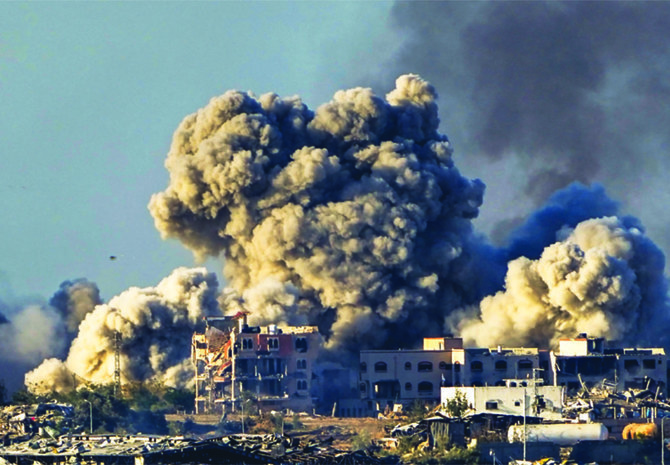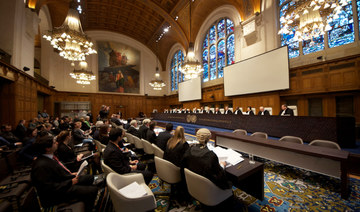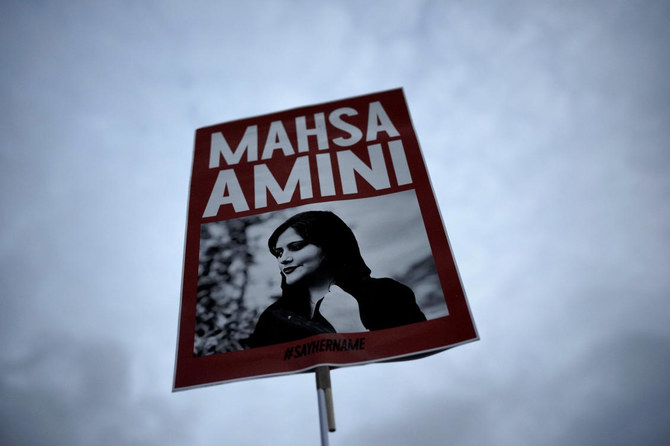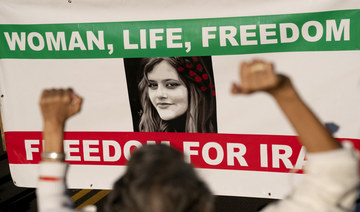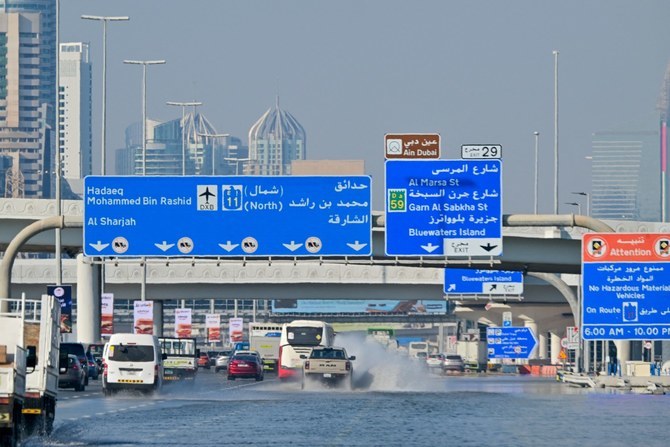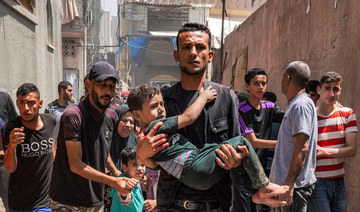LONDON: Islamist extremism continues to pose a grave threat worldwide, with levels of violence increasing in several regions, and cells in the West as potent as ever, according to a report published on Wednesday by the Tony Blair Institute for Global Change.
The report, “Global Extremism Monitor: Islamist Violence After ISIS” (GEM), says the overarching goal of statehood, or a “caliphate,” remains the focus of various militant groups, inspired at least partially by the initial success of Daesh, despite its defeat in Iraq and Syria.
The GEM highlights seven regions where Islamist militancy has increased, with various groups seeking to exploit institutional weaknesses in governments, as well as sectarian and other social tensions, to fill power vacuums and assume control.
The report took into account 35,000 incidents worldwide in 2018, identifying 43 organizations operating across 40 countries as having played a significant role in conducting terrorist operations, including 6,876 recognized attacks.
According to the GEM, the number of overall attacks had in fact decreased from 7,697 in 2017, a drop of 11 percent.
But Islamist violence affected what the report referred to as an “arc” running from North America to Southeast Asia, with nine of the world’s most developed nations — including the UK, France, Belgium, Germany and Australia — experiencing attacks in 2018.
Shiite Muslims and Christians were the most frequently targeted groups. The GEM says there could be as many as 97 active Islamist militant groups currently operating in the world, many with cells in the West.
Former UK Prime Minister Tony Blair wrote in the report’s forward: “State-building remains the over-arching ambition for Islamist extremists, as is all too clear through their military, communications and recruitment tactics.
“Despite stripping ISIS (Daesh) of its amassed territories, the pursuit of the ‘ideal’ state continues to embolden fighters, attract new followers, undermine governments and threaten the fabric of societies around the world.”
The GEM concludes that fatalities worldwide were down by an impressive 49 percent in 2018 from the previous year, largely due to Daesh’s collapse in its twin footholds in Iraq and Syria.
But the pair remain in the top 10 most dangerous countries in terms of militant Islamist activity, with Syria occupying the top spot.
Libya, Afghanistan, Somalia, Nigeria, Yemen, Mali, Egypt and Pakistan complete the set, emphasizing the GEM’s conclusion that weaker states are more likely areas for groups to target.
Those 10 countries were responsible for 95 percent of global fatalities from Islamist extremism in 2018.
In addition, the GEM includes seven regions where militant Islamist activity had increased at an alarming rate in 2018: The Philippines, Kashmir, Mozambique, Kenya, Indonesia, Tunisia and Bangladesh.
“What ISIS achieved in 2014 in establishing a ‘caliphate’ across Syria and Iraq was unprecedented,” Sandun Munasinghe, an analyst at the institute, told Arab News.
“While the Taliban claimed state power in Afghanistan following the Afghan mujahideen, and emerged as the dominant militia, ISIS was born out of the defunct Al-Qaeda in Iraq (AQI) and entered the Syrian conflict against a myriad of violent actors,” he said.
“Foreign powers intervened to eradicate ISIS and stem the conflict, yet ISIS were still capable of establishing territory and appointing a caliph. They exploited ungoverned spaces and communal grievances,” he added.
“While many Islamist extremist groups today can be traced to networks and conflicts as far back as 40 years ago, Islamist extremism evolved. ISIS sparked the idea that territory can be taken, governed and maintained by groups in their infancy,” Munasinghe said.
“Building a ‘state’ remains the true vision of Islamist groups. ISIS’s achievements have become a model even for groups that preceded them.”
Gareth Browne, a journalist based Iraq, echoed the view that vacuums in power structures, and political instability, are key.
“There were non-religious issues that led to the rise of ISIS — the worry is that the power of that ideology lingers on,” he told Arab News.
“At its peak, it was a very valuable franchise to put your hands up and say ‘I’m with these guys.’ I have no doubt that the period of the ‘caliphate’ will be used to inspire someone in the future.”
Dr. Emman El-Badawy, head of research at the institute’s coexistence team, said the report sheds light on the true extent of the problem of global jihadist movements.
“This issue isn’t limited to one area of geography, where once you might have had nations building military operations to focus on one area,” she told Arab News.
“State-building isn’t unique to ISIS, but it has emboldened groups that otherwise operate underground. ISIS, too, has now had to revert to that state, but its fighters have travelled to other areas,” she said.
“Migration crises have spilled over from these regions (the Middle East and the Sahel), and groups have been tracked back as far as Belgium and Germany,” she added.
“Tunisia, which is on the list, and Turkey, both frequent destinations for Western tourists, have had major issues with returnees.”
The GEM sets out a number of ways in which the international community ought to tackle the changing phenomenon of global Islamist extremism.
These include investing in fragile states where extremism might otherwise flourish, improving relationships with and between communities that groups might typically seek to exploit, and establishing systems to identify extremism in high-risk areas at an early stage.



